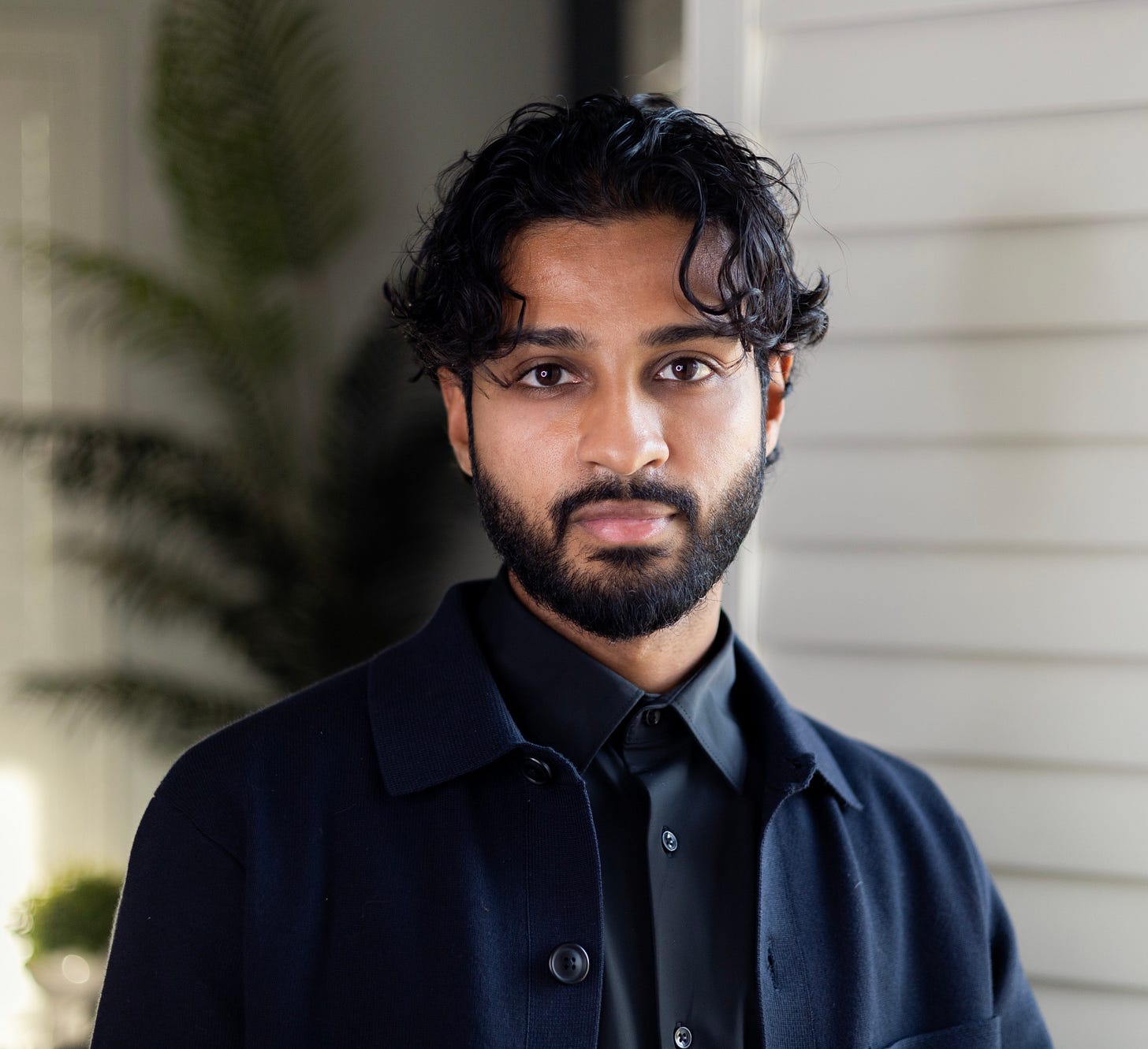Boycat founder Adil Abbuthalha launches privacy-first, 'alternative' VPN
From ethical shopping to cybersecurity, Boycat's new service challenges data-tracking giants with a promise: complete trust and online privacy
Adil Abbuthalha founded Boycat two years ago, an ethical shopping application that divested tens of millions of dollars from Israeli-tied companies profiting off of war.
He explained that one of the biggest driving factors for creating the app was to help the average consumer “feel empowered and understand how to spend their money” by using alternative platforms that do not have relationships with giant companies.
Users have broadly echoed their approval, with thousands of reviews and 4.7 out of 5 ratings on Apple’s App Store and Google Play. One user’s review on Apple’s App Store wrote “It’s a different feeling when you spend money knowing it’s going towards companies maintaining ethical practices. Boycat makes that possible.” Another user wrote “the app is very informative and easy to use.”
But Abbuthalha’s aspirations have broadened since then. He explained that his ultimate goal is to create a global-reaching ethical system for consumers.
“We’ve told you what to boycott, but now it’s time to buy cot,” Abbuthalha said.
So he decided to continue with his favored approach: software.
“Software is huge,” he said. “What we’re trying to do is basically prove distribution works within the boycott system, and then onboard as many people into our system as possible, like we just want to platform as many alternatives that are high quality and can be global.”
In January, he began researching cybersecurity firms and found that many were operated by “former Unit 8200 veterans.”
Unit 8200 is Israel’s elite cybersecurity and intelligence division. The group has frequently been compared to the U.S. National Security Agency (NSA). Some cybersecurity companies started by former Unit 2800 spies have been bought by larger U.S. companies in recent years, namely Google and Palo Alto Networks (PANW).
This has fueled ongoing debate in tech circles about Israeli influence on the American cybersecurity sector, according to Abbuthalha.
“There’s no such thing as privacy or security online anymore,” he said.
That concern led to the launching of BuyCat VPN in August, an alternative virtual private network with a “zero launch policy” that does not store nor sell user data. Abbuthalha said the service already has hundreds of users.
“BuyCat VPN is one of the first clean alternatives like this that has no spyware history, no shady ownership, and just privacy like that you can trust we will continue improving, continue growing,” he said. “It’s simply just a way for you to use it like that secret tunnel, and no one has access to it.”
For consumers unfamiliar with VPNs and cybersecurity, Abbuthalha explained how they protect internet users.
“A VPN encrypts your internet traffic so hackers, governments, or even your internet provider can’t see what you’re doing or what you’re visiting,” he explained. “It makes sure your location stays anonymous online, especially if you’re using public Wi-Fi. VPNs also help bypass censorship and firewalls by creating a secure, secret tunnel where whatever you send through it stays private and invisible.”
He said that VPNS are “attractive” for its wide range of utilities, particularly for “journalists, activists, businesses, and just everyday people who just want to watch a show safely.”
Without these services, people can expect their devices to be tracked, going to far as to ‘listen’ to words used nearby.
“If you whisper something to your phone saying, ‘I really want to buy a picnic basket or Ferrari,’ you’re gonna get ads that are all about picnic baskets or Ferraris,” he said.
Pricing for BuyCat VPN is roughly 10% less compared to other systems, according to Abbuthalha, “and we try to offer a lot of the same features.”
Annual subscription plans range from $38 to $57.
Users can sign up through the Boycat app or website, though a standalone app for the VPN are underway, according to Abbuthalha.
Abbuthalha compares online protection to road safety, calling it “the bare minimum seat belt for the internet” and that BuyCat is not only the “safe” approach, but the “most ethical.”


